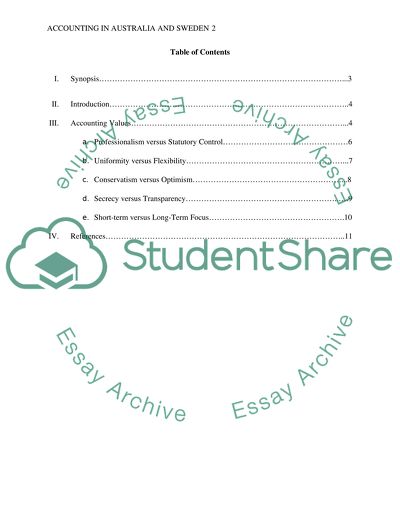Cite this document
(“A Comparative Study of Accounting and the Environmental Factors Essay”, n.d.)
Retrieved from https://studentshare.org/finance-accounting/1694264-a-comparative-study-of-accounting-and-the-environmental-factors-influencing-accounting-in-australia-and-sweden
Retrieved from https://studentshare.org/finance-accounting/1694264-a-comparative-study-of-accounting-and-the-environmental-factors-influencing-accounting-in-australia-and-sweden
(A Comparative Study of Accounting and the Environmental Factors Essay)
https://studentshare.org/finance-accounting/1694264-a-comparative-study-of-accounting-and-the-environmental-factors-influencing-accounting-in-australia-and-sweden.
https://studentshare.org/finance-accounting/1694264-a-comparative-study-of-accounting-and-the-environmental-factors-influencing-accounting-in-australia-and-sweden.
“A Comparative Study of Accounting and the Environmental Factors Essay”, n.d. https://studentshare.org/finance-accounting/1694264-a-comparative-study-of-accounting-and-the-environmental-factors-influencing-accounting-in-australia-and-sweden.


